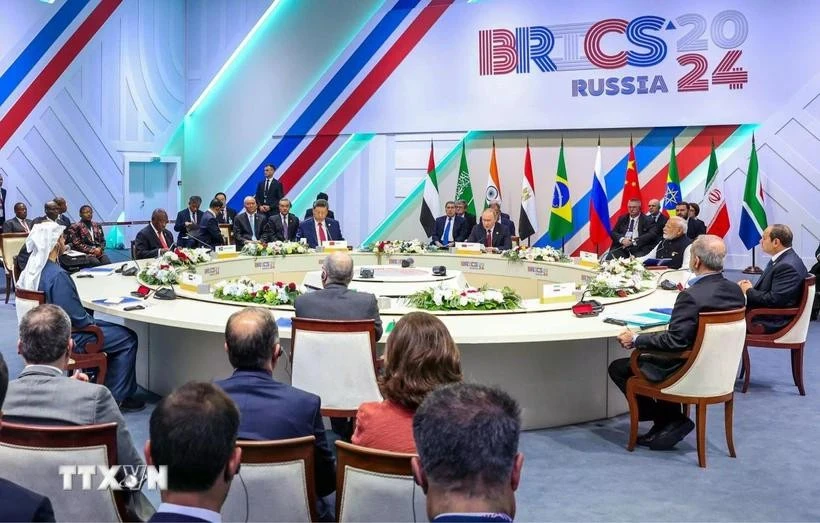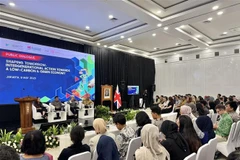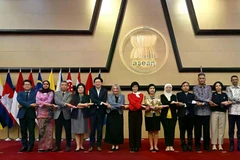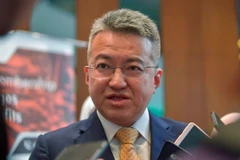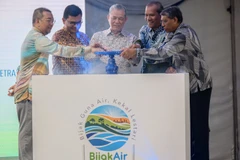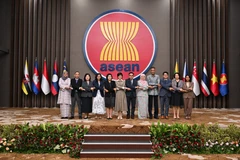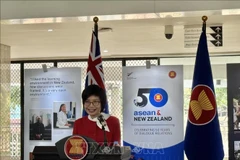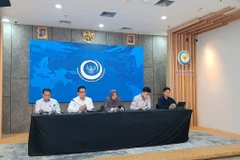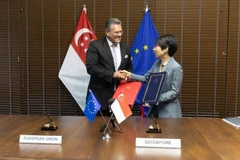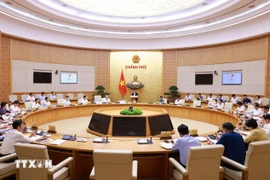Jakarta (VNA) – Amelia Anggraini, a member of the House of Representatives (DPR) of Indonesia, has said that Indonesia’s official membership of the BRICS grouping must bring real benefits to its people.
She said she believes that Indonesia’s decision to join the BRICS economic bloc as a full member is a strategic move that reflects the nation’s commitment to enhancing its influence and role in global governance.
With Indonesia joining the bloc, BRICS has now become an even more inclusive and representative forum, she said, adding that it covers nearly half of the world’s population and makes significant contributions to the global economy.
The parliamentarian welcomed Indonesia’s BRICS membership with optimism and described it as a historic step, perceiving that the country must make optimal use of the membership, especially when it comes to promoting agendas that are relevant to national interests.
The national interests, she said, include strengthening digital sovereignty, enhancing security cooperation, ensuring green economy sustainability, and narrowing development gaps among countries.
Indonesia also holds a strategic position as a link between BRICS and countries in the Southeast Asian region. This opens the opportunity to expand the network of economic and geopolitical diplomacy and to create synergy between ASEAN and BRICS, which are two important regional economic blocs, she pointed out.
Indonesia’s membership of BRICS also reflects global trust in the nation’s ability and stability to lead various international initiatives, she added.
In the context of parliamentary diplomacy, she said that her side will encourage synergy among the parliaments of BRICS countries to accommodate people’s interests, economic justice, access to technology, and food sovereignty./.
